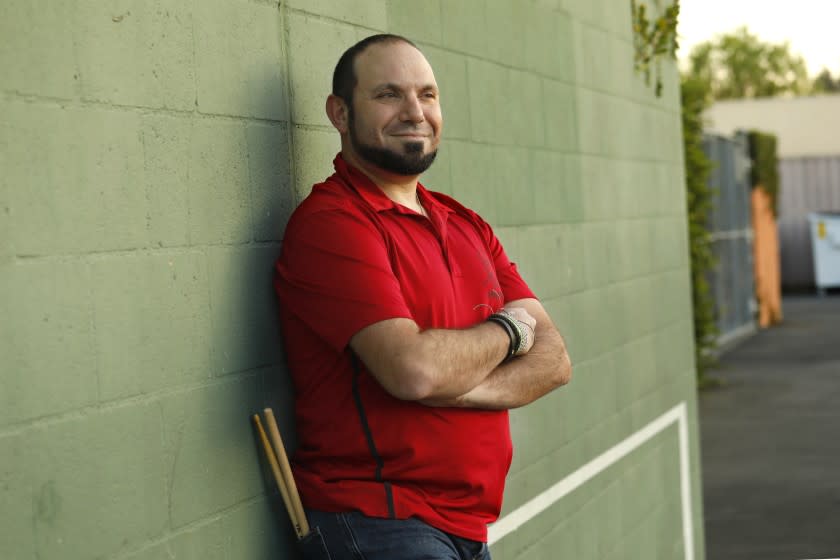Editorial: If opening schools means vaccinating teachers now, do it

Let’s not kid ourselves. Efforts by both Gov. Gavin Newsom’s office and state legislators to reopen schools by vaccinating teachers aren’t the result of science or even fairness. But with teachers nervous about returning to in-person classrooms and their powerful unions putting up a mighty fight, most schools aren’t going to open without vaccinating their staffs, so let’s get on with it.
Of the competing proposals to vaccinate teachers, one by Newsom and one by state legislators, the governor’s is better. But neither one does what’s needed.
The legislation (Assembly Bill 86 and its twin, Senate Bill 86) would require counties to offer vaccinations to staff at any schools operating in-person classes. But it wouldn't require schools to reopen until April 15, far too late in the school year. In addition, the wording is unclear. Would all teachers have to be offered vaccines at a reopened campus, even if some teachers continue working at home? Nor does the legislation specify how the vaccines will be made available; it just says counties have to provide them. It also sets overly restrictive rules for how low infection rates must go before schools must reopen.
Newsom’s proposal calls for setting aside 10% of vaccine allocations, starting March 1, for teachers and any other staff working on campus. First priority would be those who already have been at work in person, taking on whatever risks there might be.
In order to get their first dose, any other school staff will have to be scheduled to start at a school site within three weeks. This means they would not be fully vaccinated before returning. But that's not as risky as it might sound; they already will have received significant protection from the first dose. And in any case, repeated observation and studies have shown that schools can reopen safely even when staff aren’t vaccinated at all.
Both proposals need to set priorities for school reopening in a quick and orderly way. If schools open incrementally, with just the youngest students first, the necessary staff could be vaccinated faster. In addition, an earlier, firm deadline for opening schools needs to be set, not one that’s less than two months before the end of the school year.
Moving teachers up in line isn't fair to the essential workers in agriculture, food sales and other vital industries who face great risks of infection every day and have for many months. But their unions don't have as much clout, and there’s no public pressure to get them inoculated quickly because their workplaces never shut down.
Although the science isn't on their side, the nervousness among teachers is understandable, as is their unions’ commitment to advancing their cause. None of these concerns or arguments, though, are as important as returning students to the classroom.
This story originally appeared in Los Angeles Times.

